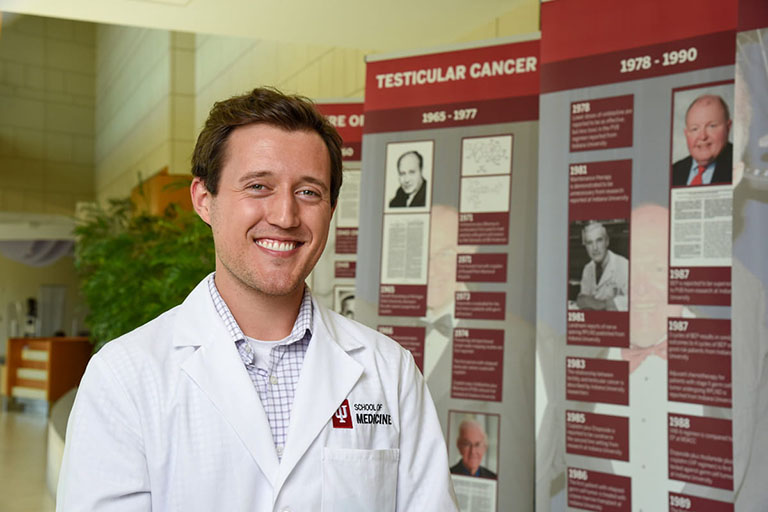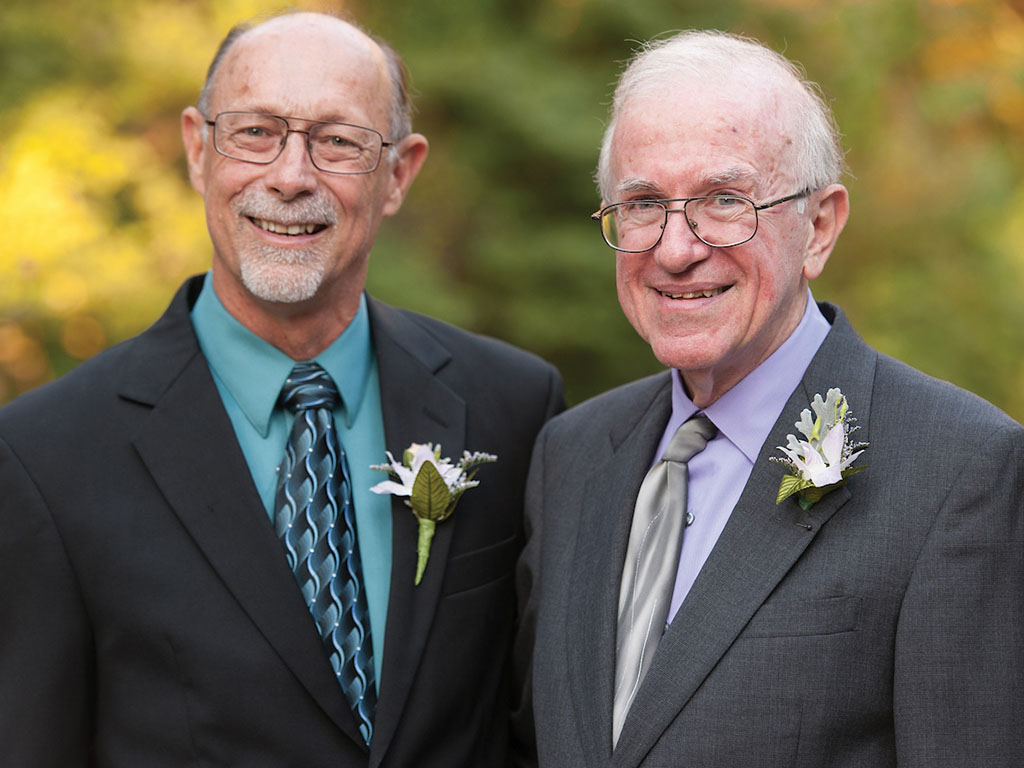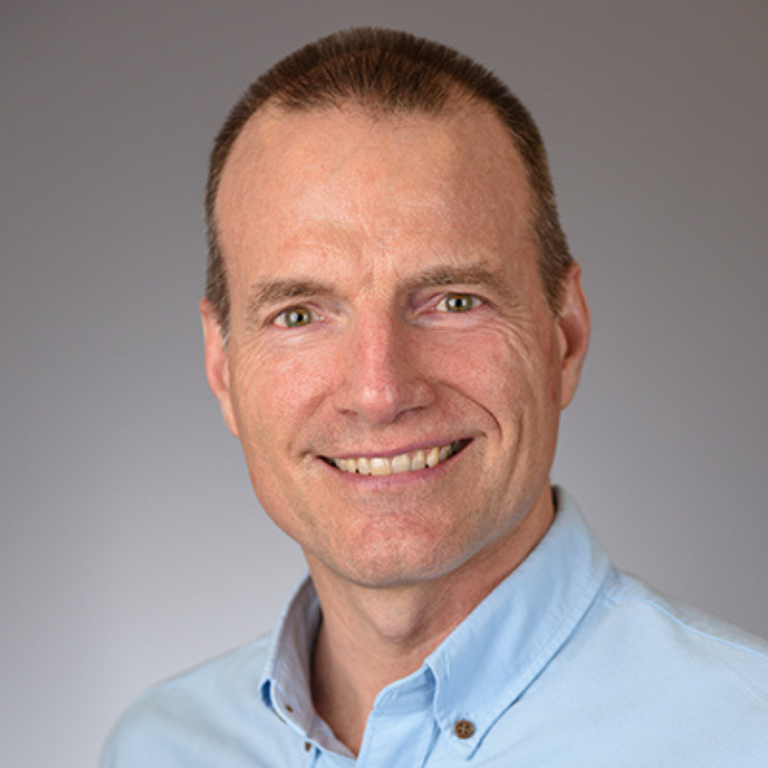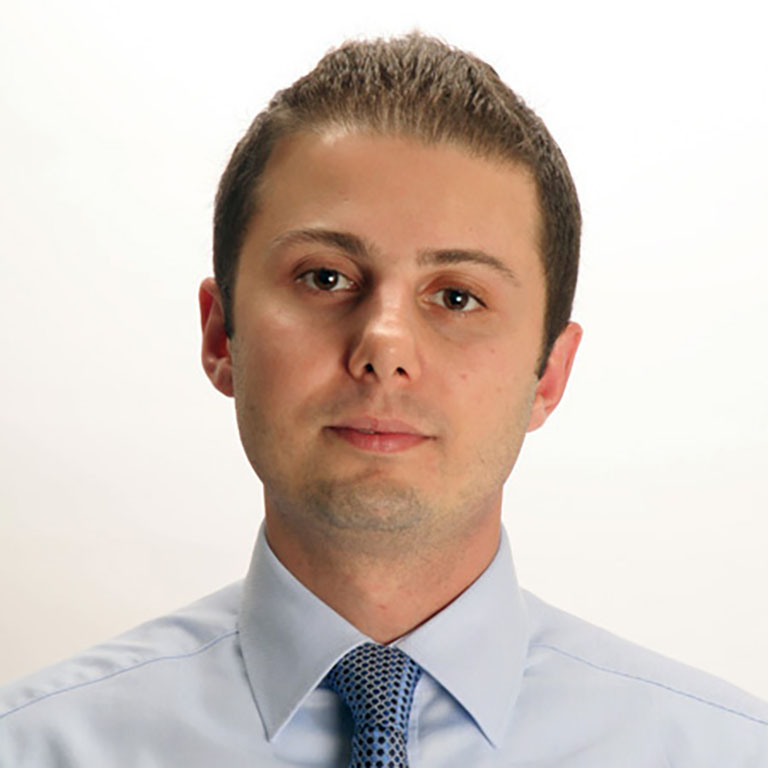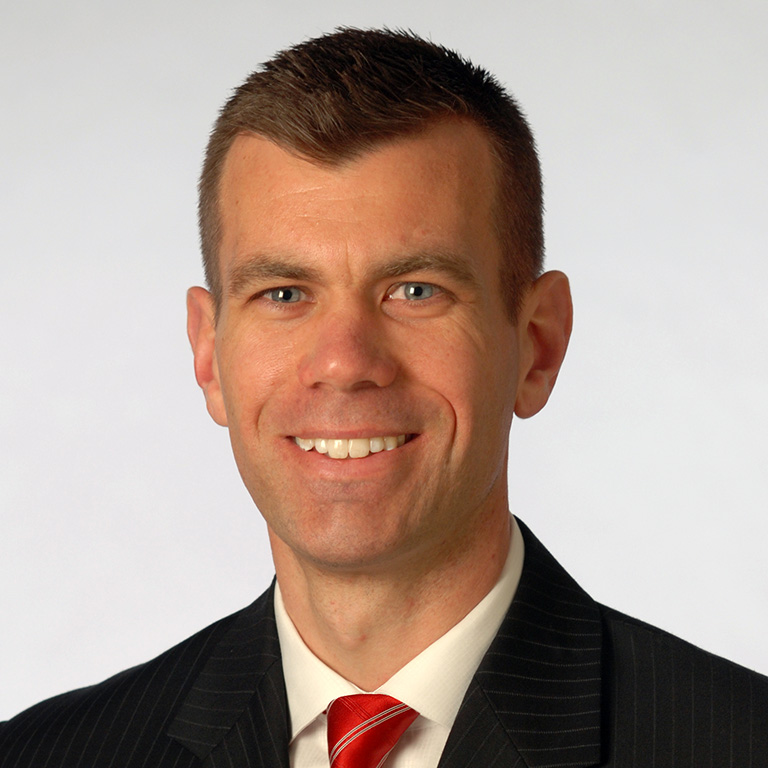A 95% cure rate is good—but not good enough
Five decades ago, a man diagnosed with testicular cancer had a survival rate of just 5 percent. Today, that number is 95 percent.
The tables turned on testicular cancer thanks to a chemotherapy regimen developed by Larry Einhorn, MD. Today, hundreds of thousands of men around the world are alive because of this treatment protocol.
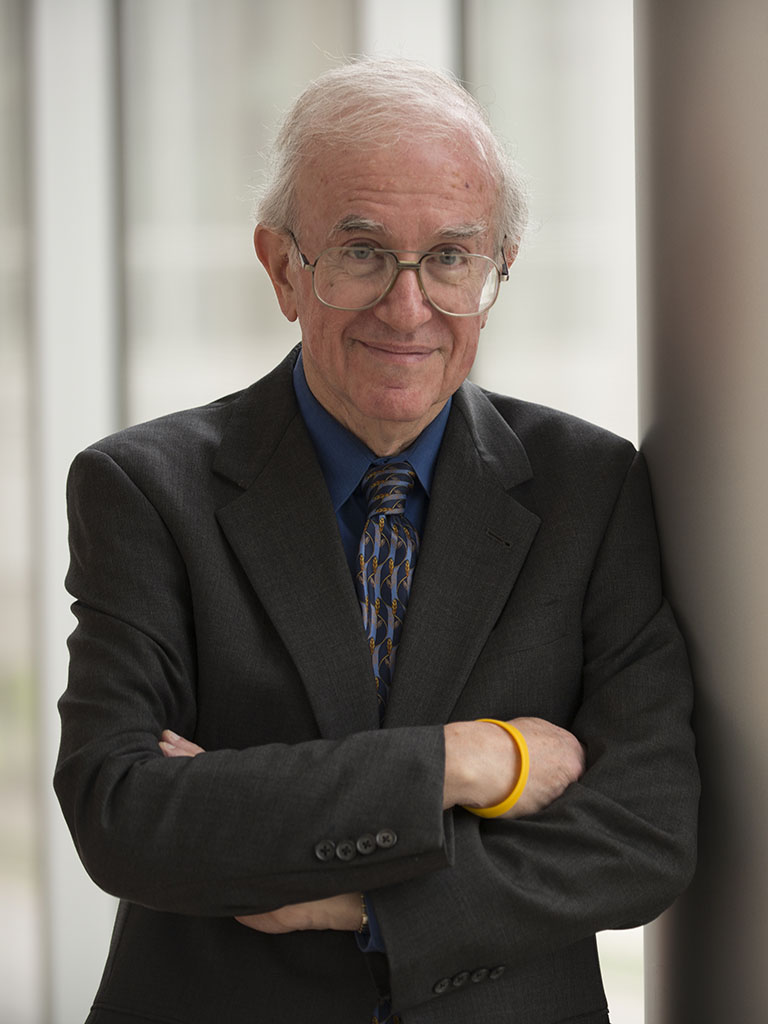
For these survivors, IU research has led to the gift of a long life. But the IU team still isn’t satisfied. They continue to chip away at the survival rate, finding ways to save men who do not respond to initial therapies. For example, our researchers are collaborating with bioengineers on a compound to signal the immune system to attack testis cancer cells.
IU researchers are also focused on reducing the “cost of the cure”—the long-term side effects that sometimes come with treatment. We lead a global team of researchers looking to reduce the toll of treatment, including tinnitus, hearing loss, cardiovascular issues, and numbness in extremities.
IU remains the international leader in testis cancer research and care, drawing patients from Indiana and around the world.
#ResearchCuresCancer.
Don’t miss:



